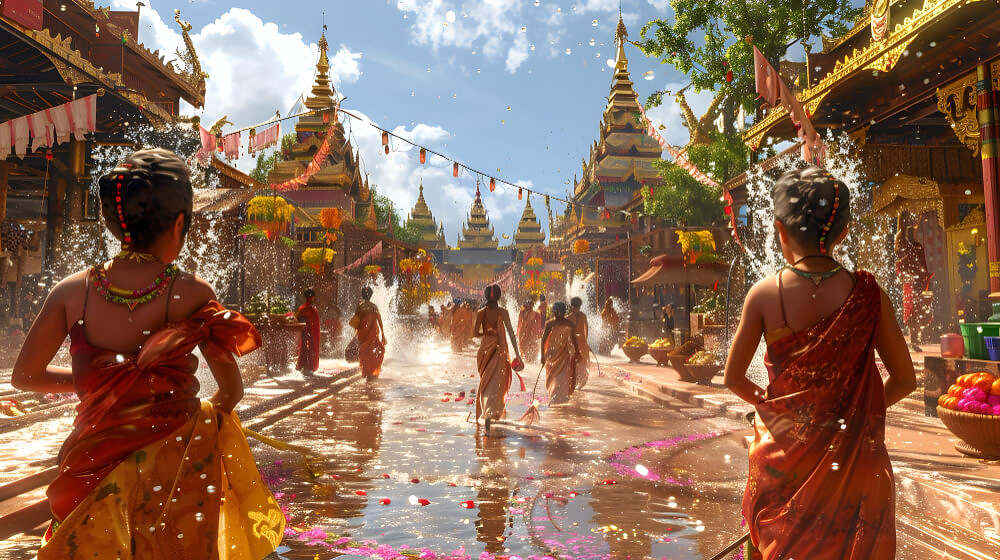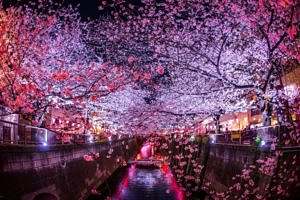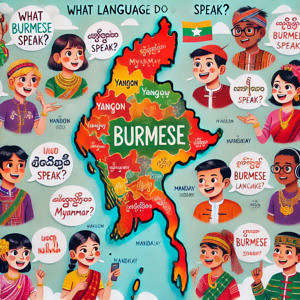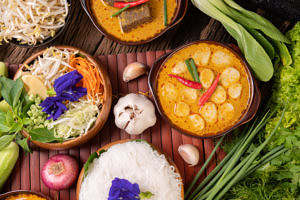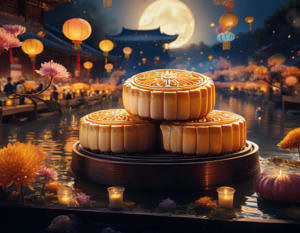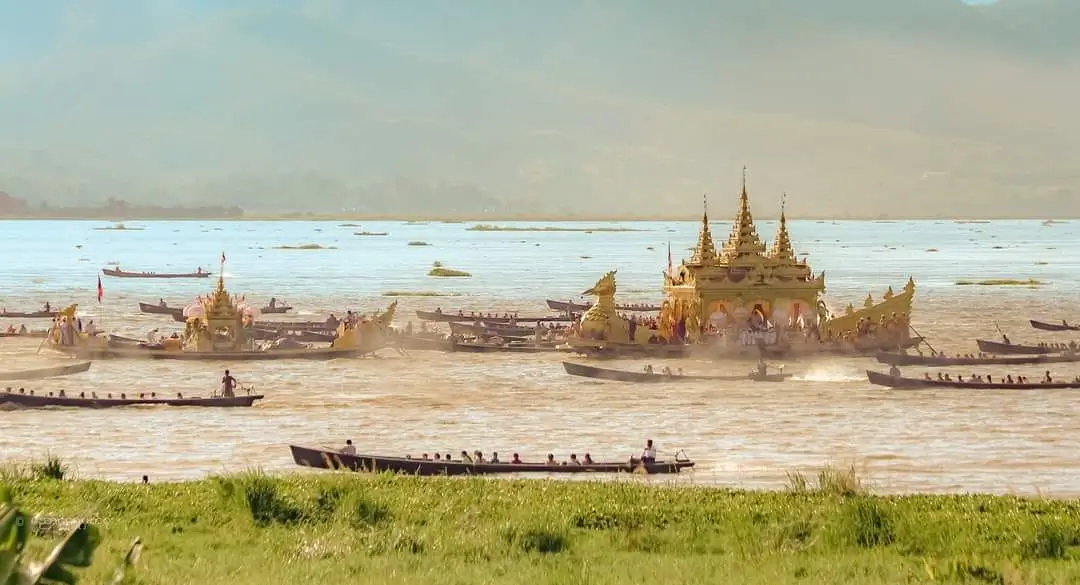Thingyan Water Festival – Myanmar
Myanmar is a country rich in tradition and cultural celebrations, with the Thingyan Water Festival standing out as one of its most iconic and important events. Held annually in April, Thingyan marks the Burmese New Year and is a time of joyous festivities, water splashing, and religious reflection. This article explores the significance of Thingyan in Myanmar culture, its traditions, and how it represents the essence of Myanmar’s spiritual and communal life.
The Cultural and Religious Significance of Thingyan
The Thingyan Water Festival, also known simply as “Thingyan,” is deeply rooted in Myanmar’s Buddhist traditions. It is celebrated over several days, culminating in the Burmese New Year, and serves as both a religious and cultural event.
According to Buddhist belief, Thingyan represents a time for spiritual cleansing, where people wash away the sins of the past year in preparation for the new one. The use of water symbolizes purity and renewal, with the act of pouring or splashing water being a metaphorical cleansing of one’s spirit.
When and Where is Thingyan Celebrated?
Thingyan is celebrated nationwide in Myanmar, typically in mid-April, aligning with the country’s traditional lunar calendar. Major cities like Yangon, Mandalay, and Naypyidaw see the largest gatherings, but the festival is also observed in smaller towns and rural areas.
During this period, the streets become a vibrant, joyful scene of water-throwing, music, and community gatherings. Temporary pavilions are erected across cities where people, often armed with buckets, water guns, and hoses, splash water on each other in good fun. These water fights can last for days, and participation is nearly universal, from children to the elderly.
Thingyan Traditions: From Water Fights to Religious Acts
Water-Splashing:
The most famous and visible part of the Thingyan Water Festival is the playful water fights. As people drench one another with water, it creates an atmosphere of fun and communal bonding. While it’s a light-hearted activity, the act carries deep symbolic meaning, as water is believed to wash away the misfortunes and sins of the previous year, allowing people to start the new year with a clean slate.
Religious Observances:
Alongside the revelry, Thingyan is also a time for quiet reflection and spiritual merit-making. Many people visit Buddhist monasteries to make offerings, meditate, and perform good deeds. During the festival, it is common for families to donate food, robes, and other essentials to monks, as well as to engage in almsgiving to the needy.
- Bathing Buddha Statues: This is a traditional ritual during Thingyan, where devotees gently pour water over Buddha images as a sign of reverence and renewal.
- Monastic Engagement: Many young Burmese temporarily enter monkhood during Thingyan as a way to earn spiritual merit and connect with their Buddhist faith.
Thingyan Foods: A Taste of Myanmar Culture
Thingyan is not just about water and spirituality—it’s also a time to indulge in delicious traditional Myanmar food. Festivities are often accompanied by the preparation and sharing of special dishes, which reflect the warmth and hospitality of Myanmar’s people.
- Mont Lone Yay Paw: A traditional snack prepared during Thingyan, small rice flour dumplings stuffed with jaggery (palm sugar). Families and friends gather to make these treats, often making the preparation a communal activity.
- Mont Let Saung: Another popular dessert, Mont Let Saung consists of glutinous rice balls in coconut milk, sometimes with a touch of jaggery syrup for sweetness.
These festive foods, often given out for free during Thingyan, highlight the spirit of generosity and sharing that defines the festival.
Thingyan Around the World: Celebrating Beyond Myanmar
Due to the large Burmese diaspora, the Thingyan Water Festival is not only celebrated in Myanmar but also in countries with significant Burmese communities, such as Thailand, Singapore, and even parts of the United States and the UK. These international celebrations often mirror those held in Myanmar, with water-splashing events, cultural performances, and religious observances bringing together Burmese expatriates and friends of Myanmar culture.
Thingyan and Tourism: A Cultural Experience Like No Other
For visitors to Myanmar, experiencing Thingyan firsthand offers an unforgettable cultural immersion. It’s a time when Myanmar’s hospitality and joy are on full display, and tourists are warmly welcomed to join in the celebrations. However, while the water fights are exciting, it’s essential for visitors also to appreciate the deeper spiritual meaning of the festival and respect the local customs.
During Thingyan, hotels and travel agencies in Myanmar often organize special tours and events that cater to tourists, ensuring that they can partake in the festivities while learning about Myanmar’s rich cultural heritage.
Preparing for Thingyan: Tips for First-Time Attendees
For anyone planning to visit Myanmar during Thingyan, here are a few tips to make the most of the festival:
Dress for Water
You will get soaked, so wear lightweight, quick-drying clothes and keep valuables like phones and cameras in waterproof bags.
Respect the Local Culture
While water fights are playful and fun, remember that Thingyan is also a religious festival, so be mindful of local customs and be respectful, especially around temples and monks.
Join the Locals
Thingyan is a community-centered celebration, and locals will often invite visitors to join them in traditional activities or to share a meal. Embrace the opportunity to experience Myanmar’s hospitality firsthand.
The Thingyan Water Festival is not just a celebration of the Burmese New Year—it is a profound expression of Myanmar’s cultural and religious identity. From the playful water fights to the spiritual observances and communal sharing, Thingyan reflects the values of purity, renewal, and togetherness that are at the heart of Myanmar culture. Whether you’re a local or a visitor, Thingyan offers a unique window into the warmth, spirituality, and joy of the Burmese people.
By celebrating Thingyan, Myanmar continues to honor its traditions while embracing the future with an open and welcoming spirit.

